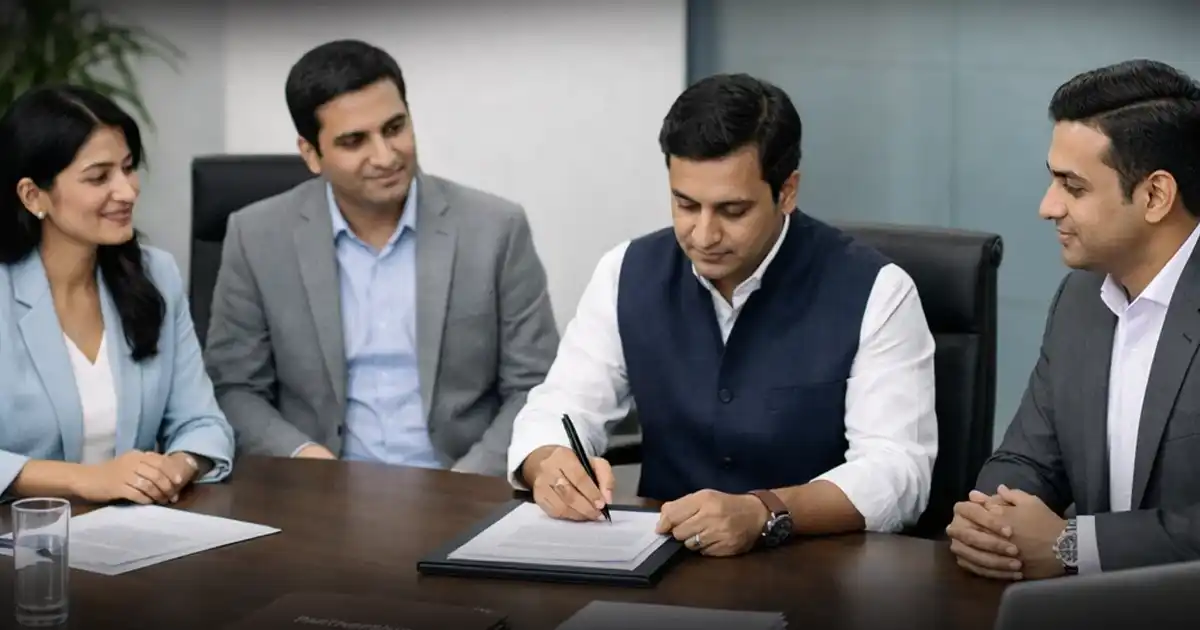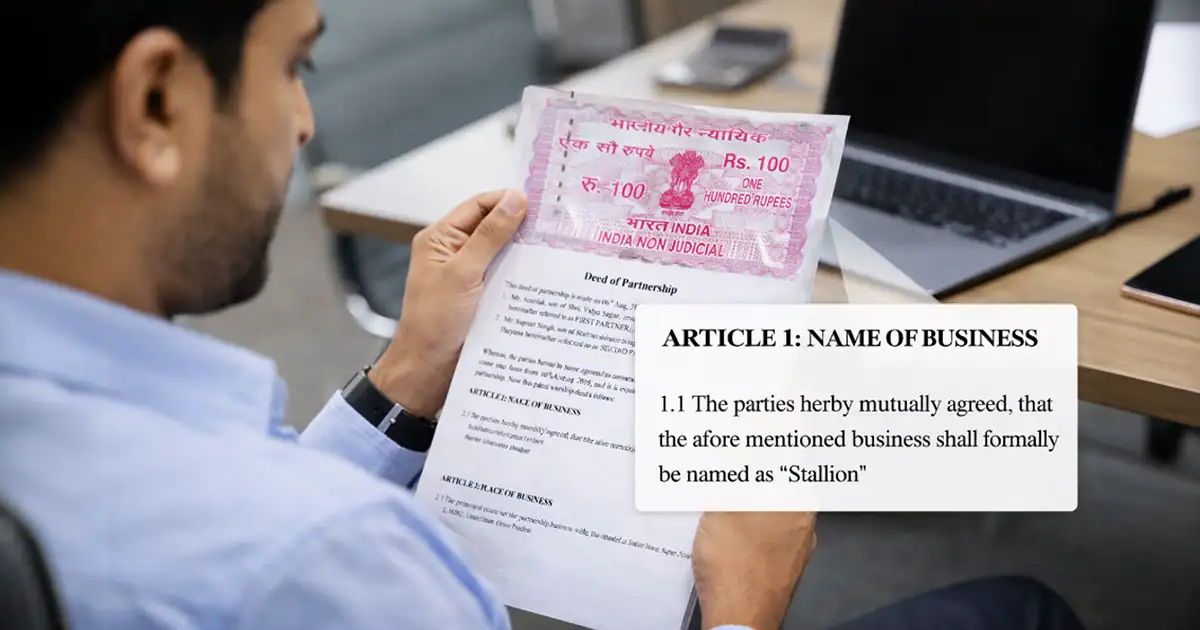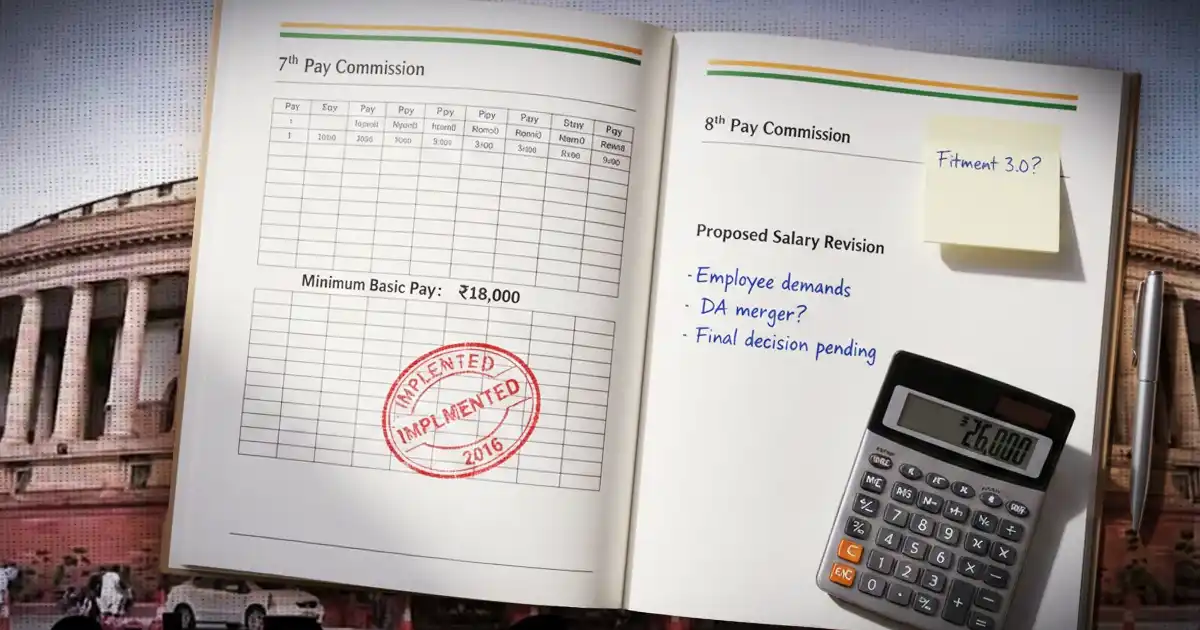A Payment Gateway License, issued by the Reserve Bank of India (RBI) under Section 5 of the Payment and Settlement Systems (PSS) Act, 2007, is a mandatory authorization for any business that wants to operate a system for processing online payments. This license permits the entity to securely transmit transaction information between the customer, the merchant, and the respective banks.
In simple words, it lets a business offer online payment services by safely connecting buyers and sellers for money transfers. Payment Gateways (PGs) that do not handle funds directly but only provide the underlying technology do not need a Payment Aggregator (PA) license. However, they must partner with an RBI-licensed Payment Aggregator and comply with RBI’s regulations.
Law Governing Payment Gateway License in India
To operate a payment gateway or act as a payment aggregator in India, businesses must comply with regulations set by the RBI and follow key financial, data, and IT laws. These ensure secure transactions, proper customer verification, and protection of sensitive information.
- Payment and Settlement Systems Act, 2007: Governs and authorizes all payment systems in India under the RBI’s control.
- RBI Guidelines for Payment Aggregators and Gateways (2020): Mandates licensing, capital norms, and compliance standards for non-bank entities.
- Information Technology Act, 2000: Ensures the legal validity and security of electronic transactions and records.
- Prevention of Money Laundering Act (PMLA), 2002: Imposes mandatory KYC and anti-money laundering checks on financial intermediaries.
- Digital Personal Data Protection (DPDP) Act, 2023: Regulates how personal data is collected, stored, and processed by digital platforms.
- PCI-DSS Standards (Industry Standard): Requires secure handling and storage of card payment data to prevent breaches.










